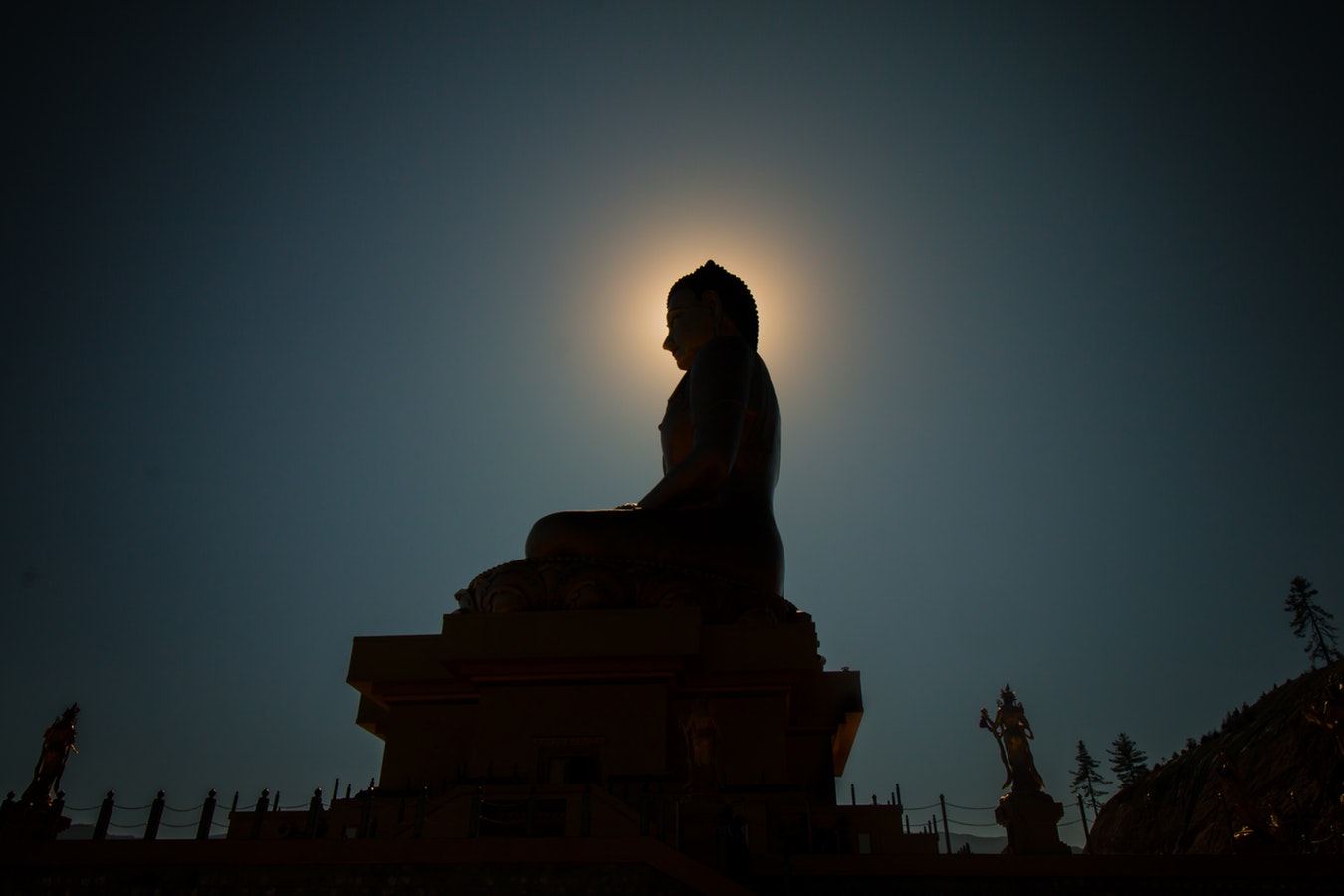Many poor people believe that lack of money is the reason for pain, and if one day they get money, there will be no pain. However, if they really become rich one day, they will find out that pain has not disappeared; on the contrary, more suffering is awaiting them. So, a hard life is not the root cause of suffering since many people with a hard life may enjoy a happier life than rich people.
The Buddha told us that the real origin of suffering is attachment to money, people and things. There are many kinds of attachment: attachment to self is called self-grasping; attachment to external possessions, such as money, fame and fortune, is called clinging to phenomena. There will be no suffering if there is no attachment. The Buddhist sutras often talk about “letting go” as an antidote to attachment.
~ Depicted from Luminous Wisdom Book Series 9












